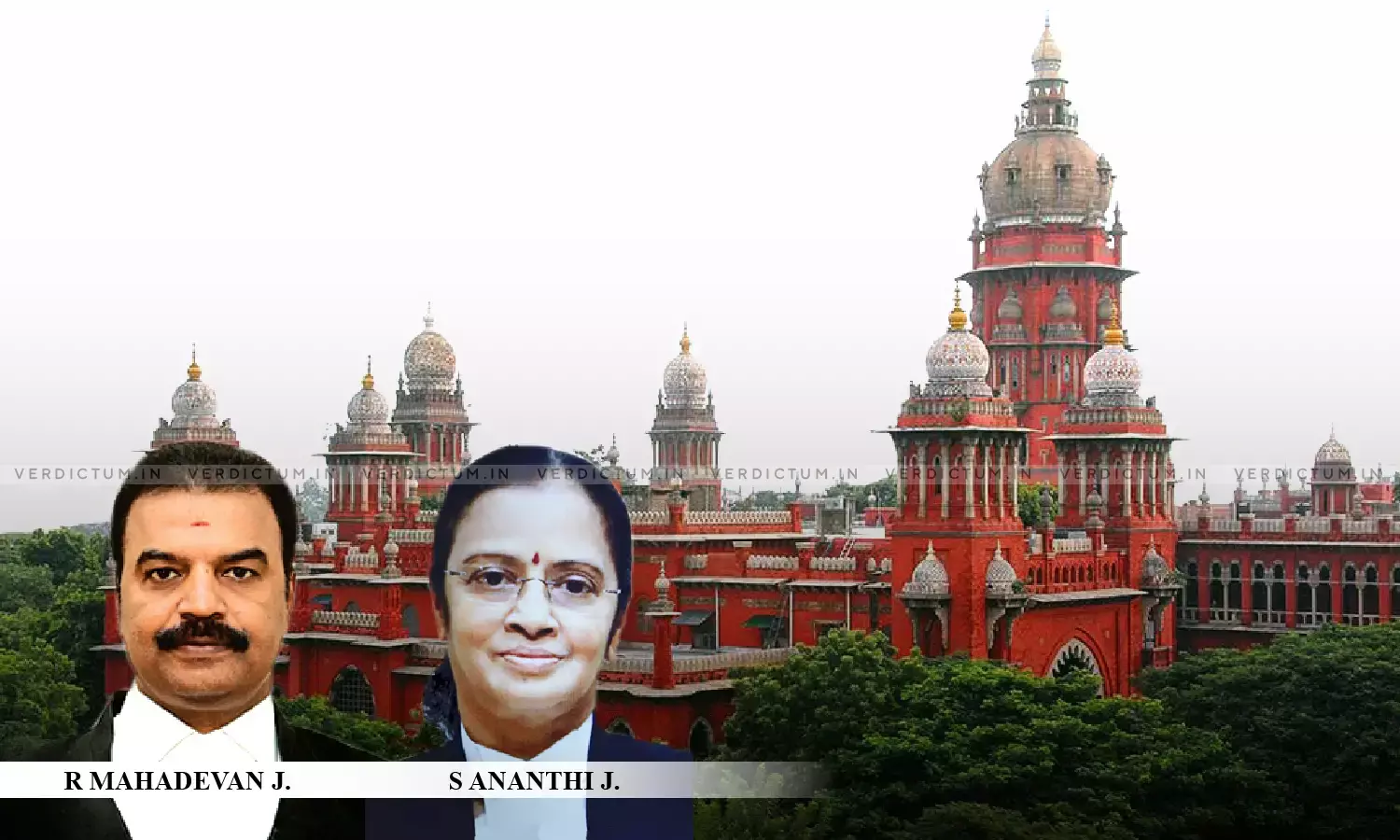Madras HC Issues Notice To State On Plea Against Forcible Religious Conversion In Schools
A vacation bench of the Madras High Court today admitted a public interest litigation plea to stop forcible conversion of students in schools and ordered notice to the Tamil Nadu government, returnable in four weeks.
The Bench of Justice R Mahadevan and Justice S Ananthi admitted the petition after having satisfied themselves that the issue raised, was maintainable.
The matter will be posted before a regular bench after the summer vacation, which will come to an end on June 6.
Meanwhile, the petitioner, B Jagannath, a city-based advocate, filed an additional affidavit which alleged forcible conversions in more places. As per a secret probe carried out by a private TV channel, similar incidents of forcible conversion had occurred in five more places in the state, the counsel told the judges.
The original petition prayed for a direction to the government to frame effective guidelines and take all steps necessary, including corrective measures, to prohibit/prevent and ban proselytisation and forced religious conversions in government and government aided schools and other educational institutions, both primary and higher secondary level.
In support of his petition, the petitioner cited the recent incident that happened in Thanjavur district, where Lavanya, a student, had committed suicide over alleged pressure to convert to Christianity. The Court had ordered a CBI probe into the matter and the Supreme Court had also confirmed it, petitioner claimed.
Petitioner also referred to another incident in a government school in Kanyakumari district where a student was allegedly forced to kneel down for not acceding to the demand for conversion.
The petitioner wanted firm steps against conversion by some persons.
Framing necessary guidelines against forced conversion in government schools involving poor and innocent students will not come under the ambit, scope and purview of power to legislate, as the alarming situation and circumstances highlighted the fact that the government machineries and apparatus has miserably failed to protect these students and prevent such incidents effectively and that there is no other option except for the judiciary to interfere into the issue. Forcible conversions are against the secular ethos, fundamental foundation of the Constitution and violative of Articles 21, 25, 14 and 19. This could be put an end only if the judiciary enters and issues guidelines, the petitioner has said in his petition.
Yesterday, the Bench had asked why it should not direct the state government to frame guidelines to stop religious conversions in schools in the state and the case was adjourned to today.
With PTI inputs













